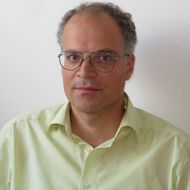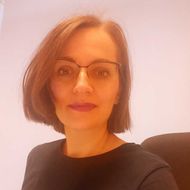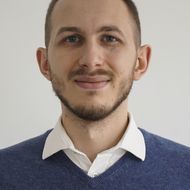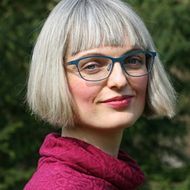About the School
What
Update 10.06.2022: We are sorry to announce that the Summer School will not take place in 2022. We hope to be able to welcome applications in the next year.
In 1712, Tsar Peter of Russia made an audacious decision. He moved his court from the ages-long capital of Moscow to a newly established townlet in a remote and poorly populated area on the coast of the Baltic Sea. Formally, this territory even remained under Swedish rule until the end of the Great Northern War in 1725. The man had a plan, though. Ultimately, the new city of St. Petersburg concentrated an enormous amount of political power and cultural capital in an empire that covered most of Northern Eurasia and even stretched into North America. After the Russian Revolution of 1917, the city lost its imperial status and suffered extreme devastation during the Russian Civil War, the Second World War, and the post-Soviet transition of the 1990s. Over the course of the 20th century, however, it also gained special status as an alternative/counter-culture city in comparison to Moscow and remains an important regional economic and cultural center today.
Where
HSE is one of Russia’s elite academic institutions. Its head office is in Moscow and it has campuses in Saint Petersburg, Nizhny Novgorod and Perm. Founded in 1992 by academic economists from among colleagues of the then minister of economics Yegor Gaidar, it rapidly became one of the leading universities in social sciences and humanities in Russia. It is known for its liberal character, openness and emphasis on research.
Contacts
Pavel Vasilyev – Academic director, Department of History, HSE St. Petersburg
Marina Kozhemiakina – Manager, Center for Historical Research, HSE St. Petersburg
Lecturers of the Summer School
Senior Lecturer
Research interests: Modern Central and Eastern European history, Soviet history, Gender history, History of medicine, Legal history, History of crime, History of emotions, History of body, History of alcohol and drugs, History of St. Petersburg

Associate Professor
Research interests: History of Russia in 17-19 centuries, Modern history of Russia, Modern and contemporary history of Germany
Research interests: Prosopography, Historical geography, Border studies, Social history
Associate Professor, Department of History, HSE St Petersburg
Research interests: Comparative legal history, History of Russian Law

Associate Professor
Research interests: New political history, Soviet history, Cult of leaders, Russian Civil War, Russian Revolution, Memory politics, Trotsky L.D.

Associate Professor
Research interests: Soviet history, Cold War, History of science and technology, Environmental history, Economic history
Important dates:
Closing date for applications: TBA
Participants arrive: TBA
Classes begin: TBA
Course ends: TBA
Participants depart: TBA
The Summer School is designed for students of social sciences and humanities. The curriculum will include Russian language courses for foreign students, presentations, workshops, partially held in Saint Peterburg’s public space, and master classes, as well as a special cultural program in the city. The summer school welcomes students from all foreign universities. Admission to the school is also open to students from Russian universities on a competitive basis.
Students who wish to attend the summer school should 1. fill in the registration form, and 2. send a motivation letter to Professor Pavel Vasilyev pvasilev@hse.ru.
Requirements: Knowledge of Russian is not essential as all the lectures, seminars and excursions will be conducted in English. Basic knowledge of the history of the country and of contemporary Russia are desirable, but not essential.
Structure of the summer school: The HSE summer school comprises an intensive course in Russian language (students are divided into groups for beginners and advanced levels), seminars and lectures on St. Petersburg: The Topography and Legacy of Imperial and Soviet History, and excursions. The main thrust of the summer school is on the theme of the lectures. The mornings will be devoted to language classes with seminars and lectures in the afternoons and tourist excursions arranged around the lecture programme
Language classes: Once students arrive in St. Petersburg, they will be divided into groups according to the level of their Russian. Qualified teachers with experience of teaching Russian to absolute beginners will be running the classes. There will be 2-3 hours spent learning Russian every day. Students will be taught speaking skills and a basic knowledge of specialised vocabulary.
Thematic course: The thematic seminar is at the centre of the Summer school and is taught by professors of HSE. Participants will be sent a reading list in advance to help them to prepare. In the framework of the thematic course the participants should write an essay (4-5 pages) in order to gain ECTS credits.
Lecture programme: Leading historians, political scientists and economists will be lecturing at the summer school on the history of St. Petersburg and on the city in the present, about the complex inter-relations between the political institutions of the empire and the contemporary transformational processes in Russia.
Excursions: St. Petersburg is a European metropolis with an impressive array of monuments which reflect the history of the city and of Russia as a whole. For the summer school the city is both a magnificent backdrop and an object of close examination in seminars and excursions.
HSE will give an official certificate to all students who complete the summer school successfully. If you take part, and on condition you present your own paper, you can earn 5 ECTS credits.


